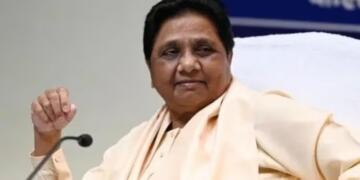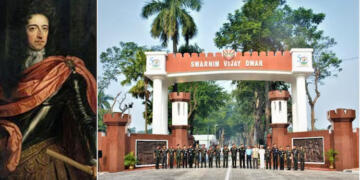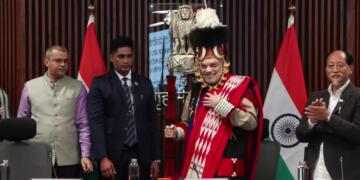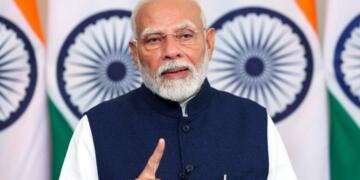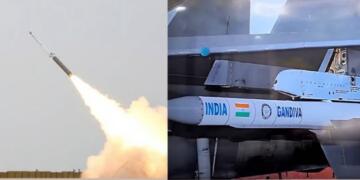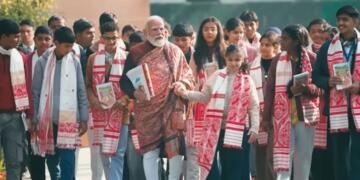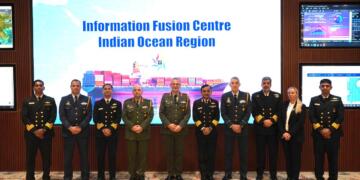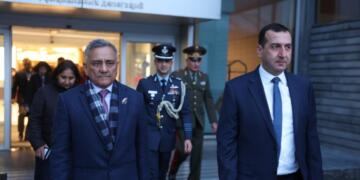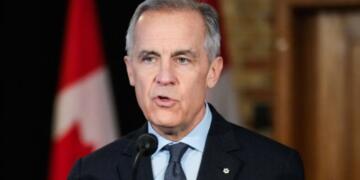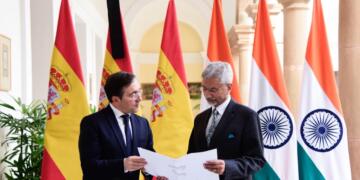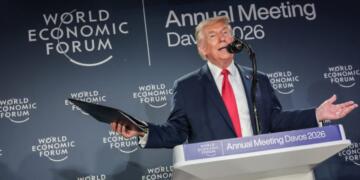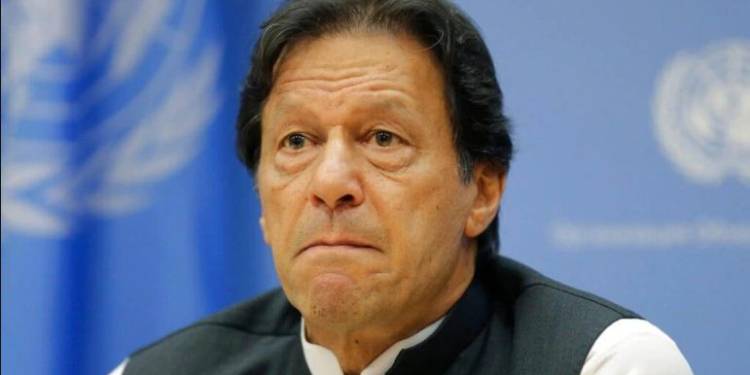India continues to effectively tackle Pakistan’s fake propaganda over Kashmir on every platform where Pakistan tried to rake up Kashmir. Pakistan has been bringing up Kashmir at every multilateral forum irrespective of the specific agenda of such international conferences.
Yesterday, India once again destroyed Pakistan’s vicious Kashmir propaganda at the General Assembly of Commonwealth Parliamentary Conference in Uganda’s capital city of Kampala.
As per an official statement issued by Lok Sabha Secretariat, the Pakistani Parliamentary delegation brought up the issue of Kashmir stating that “Indian military forces had seized Kashmir”. It was rather absurd on part of a country like Pakistan which is virtually ruled by its military establishment to make such bizarre allegations about India.
The Indian delegation did not allow Pakistan to get away lightly with such false propaganda. BJP MP Roopa Ganguly went hammer and tongs after Pakistan, exposing the tradition of military rule is prevalent in Pakistan and how Islamabad had remained under military rule for 33 years. She also made it clear that military rule is unknown in India.
The Indian delegation to the Parliamentary Conference which ended on September 29 was led by Lok Sabha Speaker Om Birla and consisted of Congress leader in Lok Sabha Adhir Ranjan Chowdhury, Roopa Ganguly, Rajya Sabha MP, L. Hanumanthaiah, Rajya Sabha MP, Aparajita Sarangi, Lok Sabha MP and Snehlata Shrivastava, Secretary-General, Lok Sabha.
Earlier this month, Pakistan was humiliated similarly at the 4th South Asian Speakers’ Summit on ‘Achieving the Sustainable Goals’ (SDGs), hosted by the Maldives. Pakistan raised the Kashmir issue, something that was not even remotely connected to the issue under discussion in the Summit.
During the Summit, Pakistan delegate Qasim Suri had brought up the Kashmir issue. He had said, “We cannot ignore the oppression of Kashmiris.” This led to a heated exchange of words between India and Pakistan during the meet.
India had immediately objected to the blatant politicisation of the summit by Pakistan. Deputy Chairman of Rajya Sabha who was in Malé along with Lok Sabha Speaker Om Birla there to attend the Summit had said, “We strongly object to raising of the internal matter of India in this forum. We also reject the politicisation of the forum by raising issues which are extraneous to the theme of the summit.”
He also said, “There is a need for Pakistan to end cross-border terrorism and all kinds of state support to the same in the interest of regional peace and stability. Terrorism is the biggest threat to the entire humanity in the world today.”
As if embarrassment in the Maldives was not enough, Pakistan tried to raise the Kashmir issue once again at a conference held to celebrate the 30th anniversary of the Convention of the Rights of the Child in Sri Lanka. The Pakistani delegation broke the agenda of the forum by stating, “I would like to draw your attention to the situation in Kashmir today. Curfew continues for 30 days” which was vociferously countered by the Indian delegation arguing that India has rectified a law which was within its constitution.
Unfazed by India’s counters, the Pakistani delegation continued to speak on Kashmir under the garb of ‘Child Rights’ to which Congress MP Gaurav Gogoi, one of the members of the Indian delegation shot back that Pakistani delegation would be better advised to take care of the Human Rights violations in its own country against the minorities and legislations such as the blasphemy law.
Pakistan’s diplomatic strategy of bringing up the Kashmir issue at every possible level has gone horribly wrong. The Imran Khan led government raised the Kashmir issue at all multilateral forums and international conferences, however, no one took it seriously.
Pakistan incurred heavy diplomatic costs for raising the Kashmir issue but nothing substantial has come out of it. By trying to internationalise a matter that is internal to India’s affairs, Pakistan has only done some serious damage to whatever credibility it still enjoyed in International relations.


